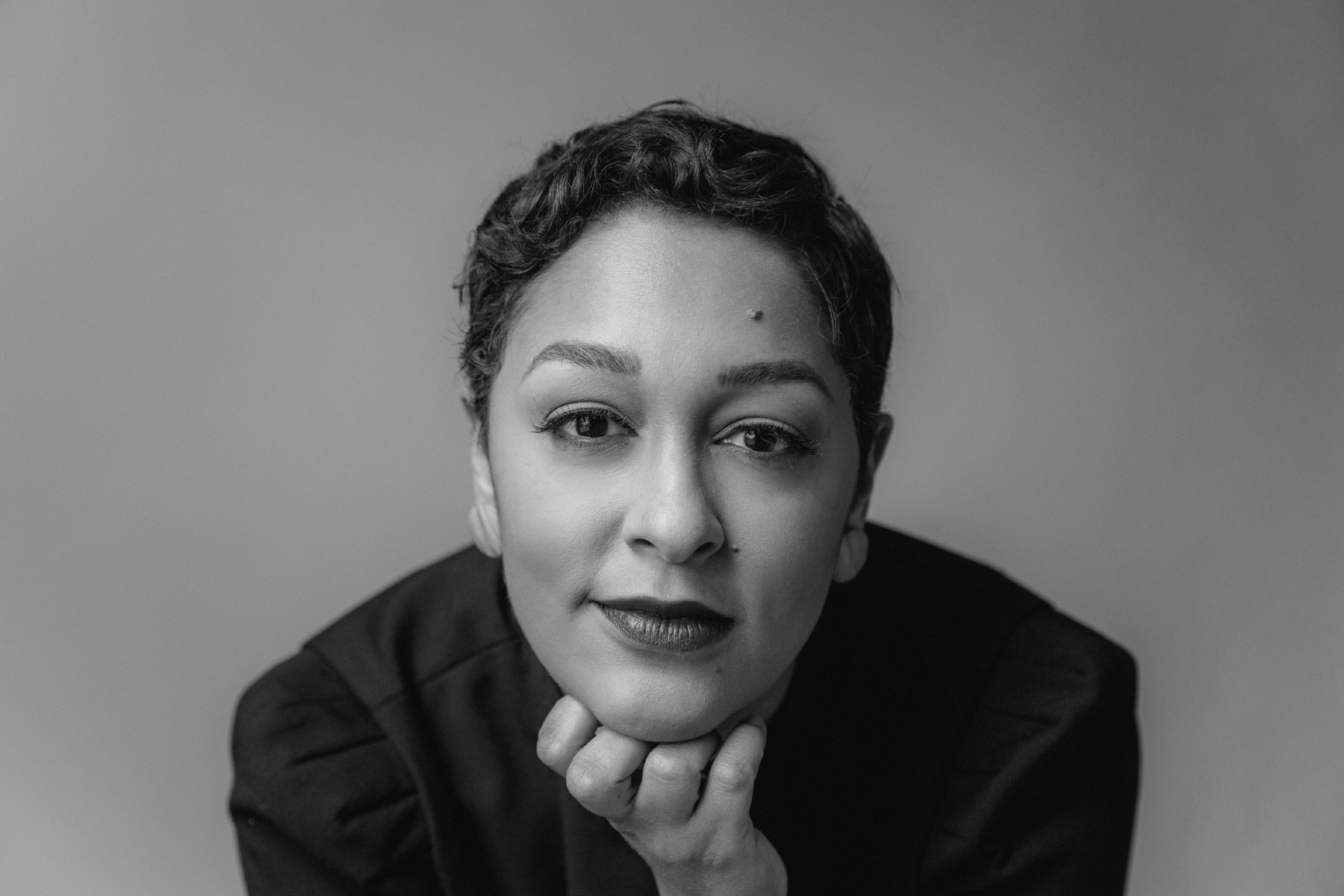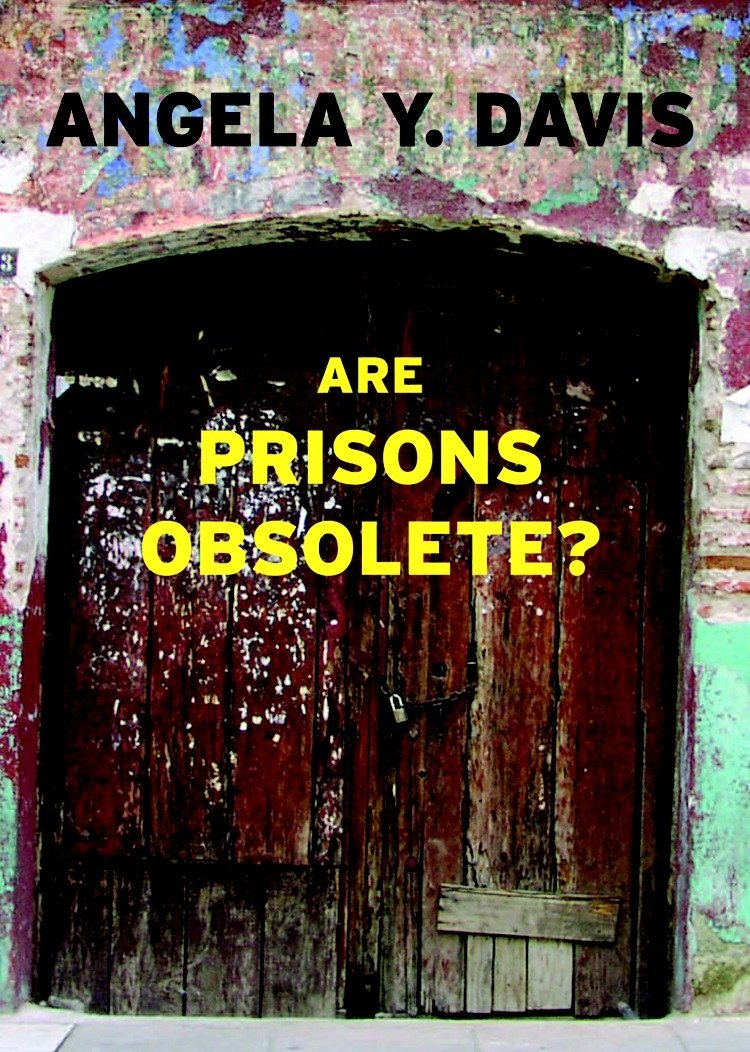- Home |
- Search Results |
- What I’m reading: Eve L. Ewing

Depending on the circles you move in, Eve L. Ewing’s name will conjure different things. Comics aficionados will know her primarily for her Marvel series Ironheart (if not her writing for Ms. Marvel and Marvel Team-Up); those up on current issues might recognise her by-line from The Atlantic, The New Yorker, The New Republic or Seven Scribes; if you attend the University of Chicago, she might be your professor; she’s made waves in the worlds of podcasting and visual art.
In literary circles, Ewing is perhaps best known for her poetry – in particular, her collections Electric Arches, based on her own life’s events, and 1919, based on the Chicago Race Riot of that year. Released in the United States in 2017 and 2019, respectively, the collections have won awards and accolades already; now that they’re seeing their first release in the UK, Ewing’s sharp eye and sharper pen are set to find a whole new audience of poetry lovers.
To celebrate their UK publication, we reached out to Ewing to ask about five recent books that inspired her, from re-readable classics to new, Tom Hanks-narrated bestsellers.

Are Prisons Obsolete? by Angela Y. Davis
Angela Davis is a thinker who has been really influential in my own life and politics, and while I’d read snippets of this book before, this is the first time I’ve sat down to read it cover to cover. I identify as a prison and police abolitionist, and I’m excited that there is so much new conversation in the United States right now around this idea. But I also feel concerned that many people are being kind of slippery about the concept without reading and studying the thinkers – many of them Black feminists – who have been working on this concept for a long time. So I’m returning to those texts myself so that I can be clearer in my thinking and in my conversations. This book is short and pretty accessible, if you’re looking for an entry point into thinking about abolition.
Fatal Invention: How Science, Politics, and Big Business Re-Create Race in the Twenty-First Century by Dorothy E. Roberts
Dorothy Roberts is another long-time favourite of mine. I read her first book, Killing the Black Body: Race, Reproduction, and the Meaning of Liberty, when I was maybe 20 years old, and it permanently changed my understanding of myself as a Black woman and my role in the body politic. Fatal Invention, her most recent book, is one I assign to my students in a class on race that I teach, and as I’m teaching a Zoom summer course, I get to revisit it again. It’s a very clear explanation of the ways that race is a social construction not rooted in biology, but we still have biologically disparate outcomes based on race – the missing piece there, of course, being structures that harm people differently through racism. This is a really important read if you want to think about the ways that the pandemic is reproducing old inequalities, or just if you don’t really know what race is or what it means.
With the Fire on High by Elizabeth Acevedo
There’s a lot to love about this young adult novel – a character who is a teen mom, written with such tenderness, kindness, empathy and humanity that it makes you realise what a sad rarity it is to see a young woman of colour depicted that way. Explorations of family, class, and identity. Food, and lots of it. While this one isn’t in verse like Acevedo’s previous young adult book, The Poet X, With the Fire on High definitely still showcases her voice as a poet and leaves us with characters that feel so real and full that you’ll be thinking about them long after the book is over.
The Dutch House by Ann Patchett
I’m in the middle of the audiobook for this super smash hit novel. It’s read by Tom Hanks, who is a truly incredible reader. I suppose that fact was entirely predictable, but really, he’s excellent! For me, one mark of an excellent novel is its ability to make me fully invested in the lives of people who are radically different than myself – novels where the craft overcomes differences of time, space, geography, race, class, and politics to make me feel like I have a close, intimate relationship with these fabricated people. The Dutch House is pulling that off for me currently – though I'm not done with it, so don’t tell me anything.
Dune by Frank Herbert
For most of the time we’ve been socially distancing, I haven’t really been able to read much in the way of serious stuff. For two months or so, all I could read were cookbooks and books about food. No comics, no poetry, no fiction – just food books. Now I’ve eased into some other content, but I still need something escapist, and plus: there’s no time like the present to tackle a fantasy novel that’s roughly 7000 pages long. (Not really, but really.) I spent a bunch of time in Santa Fe this fall, and I’m very fascinated by desert landscapes and made-up systems of political intrigue. Much easier to process than real-life political intrigue.
Electric Arches and 1919 by Eve L. Ewing are out 30 July 2020.